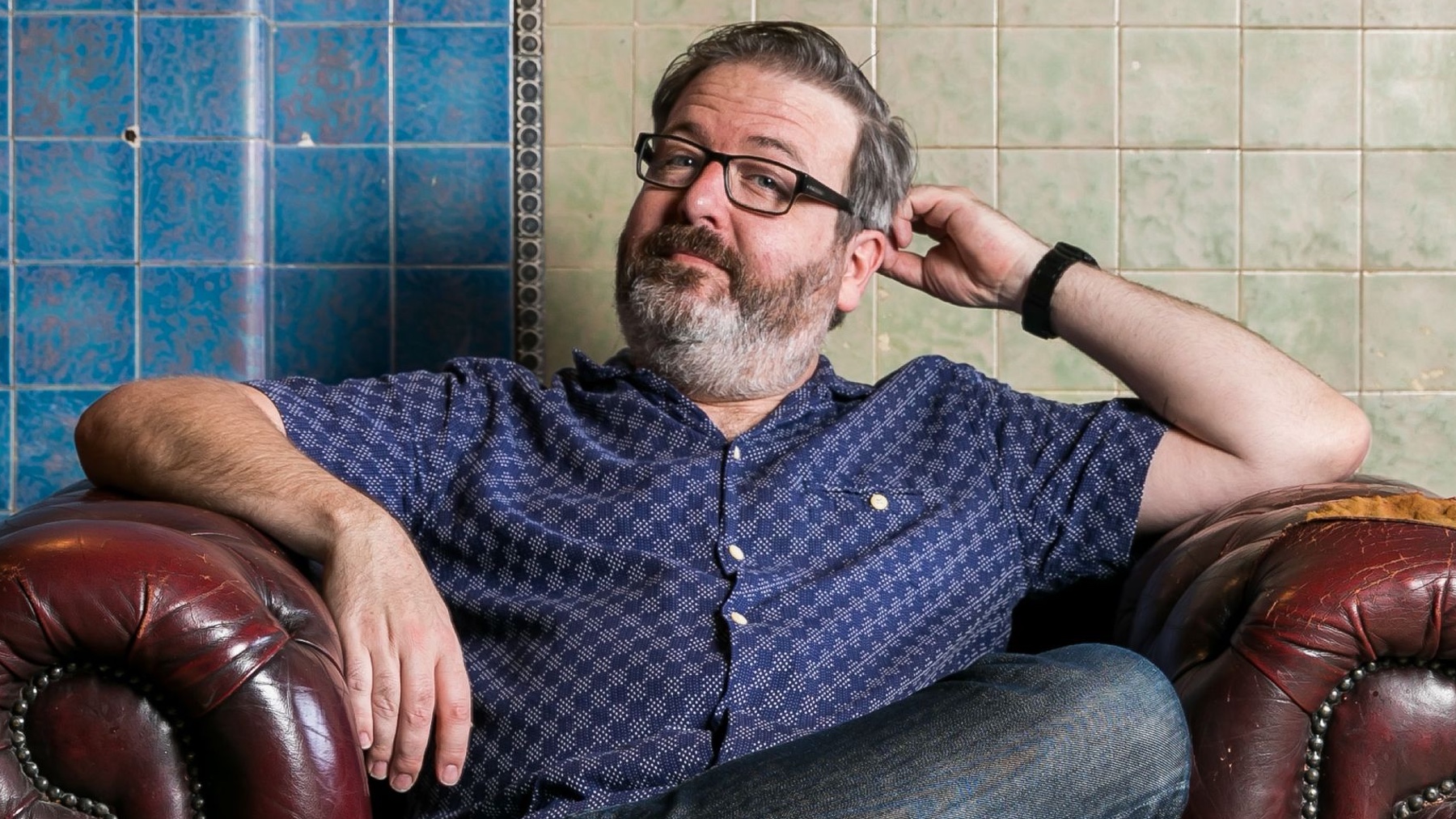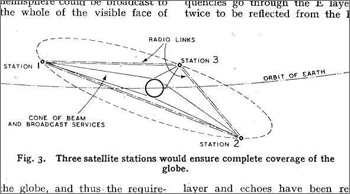
We wrap up the Spring Series 2021 — finally — by solving most of the world’s mysteries with journalist and all-round raconteur Andrew P Street.
Continue reading “The 9pm Billionaire Gummi Worms of Spicy Freedom with Andrew P Street”
Word-whore. I write 'em. I talk 'em. Information, politics, media, and the cybers. I drink. I use bad words. All publication is a political act. All communication is propaganda. All art is pornography. All business is personal. All hail Eris! Vive les poissons rouges sauvages!

We wrap up the Spring Series 2021 — finally — by solving most of the world’s mysteries with journalist and all-round raconteur Andrew P Street.
Continue reading “The 9pm Billionaire Gummi Worms of Spicy Freedom with Andrew P Street”Four weeks from now I’m flying to Las Vegas for McAfee’s Focus 11 security conference, 18 to 20 October 2011. On their tab, obviously.
Vendor conferences must have a keynote speaker that has nothing to do with the industry. Focus 11 is no exception. We have… Richard Branson. WTF?
At this stage the plan is that I’m heading to San Francisco first, since McAfee want me to visit their corporate headquarters in Silicon Valley before heading to Vegas. Then once the conference is over I intend to spend a couple more days in Vegas and do the day trip to the Hoover Dam and perhaps the Grand Canyon, and then spend Saturday night in Los Angeles since the only part of that city I’ve seen is the airport.
Mind you, I’m told that Los Angeles is shit.
Any other suggestions for things to see and do near Las Vegas?
 Bugger. The Space Age ended today. Sir Arthur C Clarke, the grand master of science fiction, is dead at age 90. According to the BBC he died in Sri Lanka, his adopted home since 1956, from a cardio-respiratory attack.
Bugger. The Space Age ended today. Sir Arthur C Clarke, the grand master of science fiction, is dead at age 90. According to the BBC he died in Sri Lanka, his adopted home since 1956, from a cardio-respiratory attack.
Clarke is best-known, of course, for his collaboration with Stanley Kubrick on the 1966 1968 film 2001: A Space Odyssey. Even today it’s visually stunning, a grand expression of 1960s technological confidence. Even today, the ending still makes no sense whatsoever, with or without LSD.
Everyone remembers that the computer HAL 9000 went mad and killed the crew. The real lesson is that HAL went mad because his masters had told him to lie, to cover up the mission’s true purpose. This Cold War-era fable about how paranoia corrupts the mind remains completely relevant in this age of The Continual War on Terror.

What Clarke should really be remembered for, however — and what could have made him a multi-billionaire — is suggesting the use of geostationary satellites for international telecommunications.
Clarke’s 1945 paper “Extra-Terrestrial Relays — Can Rocket Stations Give Worldwide Radio Coverage?” sketched out the idea so thoroughly that it counts as “prior art” and no-one’s been able to gain patents ever since.
Apart from 33 novels, 13 short-story collections, TV programs and countless non-fiction works, Clarke was a regular letter-writer to New Scientist magazine. Sometimes he wrote about the ethics and politics of science and technology, but more often than not it was to point out that some newly-patented idea had already been described in one of his novels decades before. Not to boast, just to chuckle.
Sir Arthur is dead. The Space Age is dead.
At least the First Space Age is dead. The 1960s imperative “to boldly go” as imagined by visionaries like Clarke has congealed into a bloated, bureaucratic NASA which has, in the US at least, drained all the excitement from spaceflight.
Long live Space Age 2.0, funded not by governments asserting their fitness to rule the world, but by entrepreneurs like Sir Richard Branson and Virgin Galactic. Space will never be the same.
[A slightly different version of this story was published in Crikey today.]
OK, it’s not really a spaceliner, ‘cos it won’t be making any leisurely cruises to Mars or even the Moon. It just goes up and then comes down again. But it looks so goddam sexy.
Virgin Galactic has presented the world with this sexy design for SpaceShipTwo, which will start taking paying passengers on a sub-orbital trip in 2010, eight people at a time.
Sir Richard Branson reckons it’s important that the project is a genuine commercial success.
If we do [this], I believe we’ll unlock a wall of private sector money into both space launch systems and space technology.
This could rival the scale of investment in the mobile phone and internet technologies after they were unlocked from their military origins and thrown open to the private sector.
Virgin Galactic reckons the carrier vehicle — White Knight Two — is very nearly finished and will start flight tests later this year. SpaceShipTwo is about 60% complete.
They’ll look rather spiffy parked outside the Foster+Partners spaceport they showed us in October.